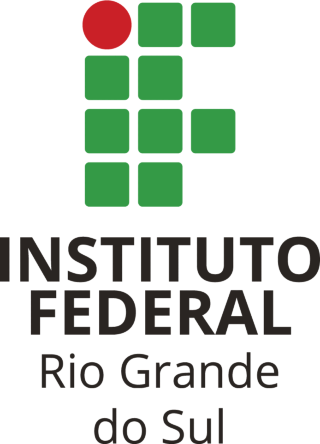Educação política: uma discussão necessária na busca por uma educação formal
| Title: | Educação política: uma discussão necessária na busca por uma educação formal |
| Author: | Silva, Marcos Alexandre da |
| Abstract: |
Devido a atual conjuntura brasileira, a prática escolar tem destinado pouco espaço para a discussão de temas políticos, assunto tão importante para o desenvolvimento do senso de cidadania de nossos(as) jovens. Uma vez que a pauta pela defesa de uma educação integral está bastante em evidência, este estudo se propõe a discutir e contextualizar a abordagem política em espaços escolares, ao entender que os futuros egressos do secundário precisam estar aptos a pensar e conviver em sociedade, de forma crítica e autônoma. Ao levantar a bandeira da escola neutra, o discurso dominante tenta passar uma imagem negativa da reflexão política em sala de aula e, implicitamente, busca tornar regra suas concepções ao relegar tais discussões. Por isto, disseminam-se manifestações de ódio, preconceitos e dogmas políticos, muitas vezes causados por mera falta de conhecimento quanto às propostas apresentadas por cada ideologia ou partido político. Este estudo, neste sentido, propõe uma análise das legislações educacionais vigentes, do discurso de movimentos como o Escola sem Partido e de pesquisas correlatas, com o objetivo de fornecer estratégias didáticas para que docentes possam trabalhar a educação política em espaços escolares, contribuindo para uma formação integral dos(as) educandos(as). A metodologia empregada foi a qualitativa, utilizando análise documental e revisão bibliográfica com relação às fontes pesquisadas, além da pesquisa participante como forma de condução da pesquisa. O produto educacional vinculado ao estudo trata, justamente, de levar à sala de aula o conhecimento político ligado à práxis social e em linha com o modelo de educação atual ? contextualizada e em vistas a uma formação voltada ao preparo para o exercício da cidadania. Como resultados encontrados, pôde-se verificar que o discurso dos movimentos que pregam uma educação neutra não encontra bases legais em nossa norma jurídica. Ao mesmo tempo, concluiu-se que os(as) estudantes desejam que a escola lhes apresente a temáticas contextualizadas com a rotina social, de forma a lhes preparar para uma correta inserção na sociedade. Assim, é esperado que esta pesquisa possa auxiliar a todos(as) que busquem por uma sistematização para o trato da reflexão política em sala de aula, pensando sempre em uma educação realmente integral, que não exclua a formação cultural em detrimento da técnica. Due to the current Brazilian situation, the school practice has given little space to the discussion of political issues, a subject so important for the development of the sense of citizenship of our youth. Since the agenda for the defense of a comprehensive education is well in evidence, this study proposes to discuss and contextualize the political approach in school spaces, understanding that the future high school egress need to be able to think and live in society, in a critical and autonomous way. In raising the flag of the neutral school, the dominant discourse attempts to pass a negative image of political reflection in the classroom and, implicitly, seeks to rule its conceptions by relegating such discussions. This is why there are widespread expressions of hatred, prejudice and political dogmas, often caused by a lack of knowledge about the proposals presented by each ideology or political party. This study, in this sense, proposes an analysis of the current educational legislation, of the discourse of movements as the School without Party and related researches, with the objective of providing didactic strategies so that teachers can work the political education in school spaces, contributing to a the integral education of the students. The methodology used was qualitative, using documentary analysis and bibliographical review in relation to the sources researched, besides the participant research as a way of conducting the research. The educational product linked to the study is precisely to bring to the classroom the political knowledge linked to social praxis and in line with the current education model – contextualized and in view to an education aimed at the preparation for the exercise of citizenship. As results found, it could be verified that the discourse of the movements that preach a neutral education does not find legal grounds in our legal norm. At the same time, it was concluded that the students want the school to present them with contextualized themes with the social routine, in order to prepare them for a correct insertion in the society. Thus, it is hoped that this research can help all those who seek a systematization for the treatment of political reflection in the classroom, always thinking of a truly integral education, which does not exclude cultural formation at the expense of technique. |
| URI: | https://dspace.ifrs.edu.br/xmlui/handle/123456789/175 |
| Date: | 2019 |
Files in this item
| Files | Size | Format | View | Description |
|---|---|---|---|---|
| 123456789175.pdf | 6.328Mb |
View/ |
Texto completo |



